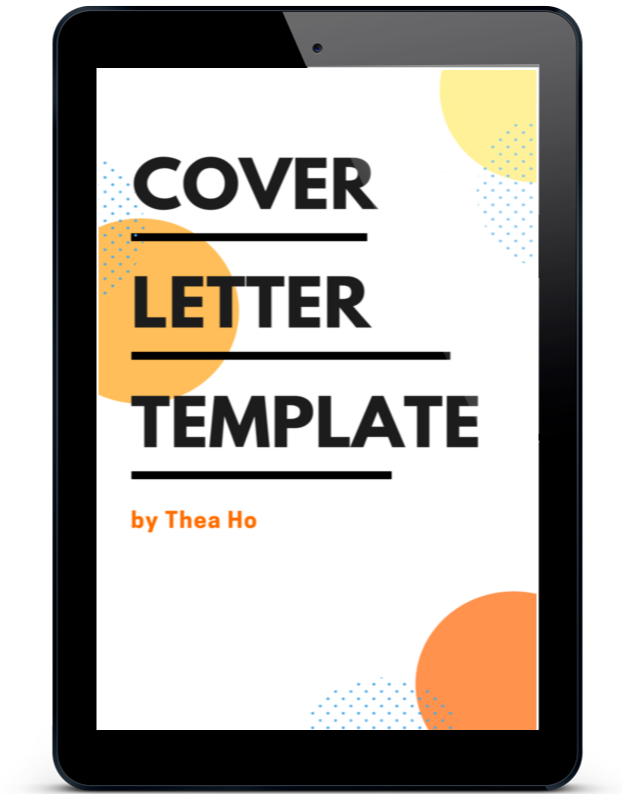Resume Dos and Don'ts — Create a Resume That Gets Interviews

Your resume is often your first chance to make an impression on an employer. A strong, well-structured resume can get you shortlisted — while a poorly written one can land in the rejection pile within seconds.
Knowing the resume dos and don'ts can help you avoid costly mistakes and highlight your best qualities. These tips are especially important for international students and migrants, who may be unfamiliar with local hiring expectations. Follow these guidelines to improve your chances of landing interviews.
Do: Tailor Your Resume for Each Job
Customise your resume for each position you apply for. Employers can quickly tell if you’ve sent the same generic document to multiple companies.
Study the job description, highlight the key skills and requirements, and adjust your resume to reflect them. For example, if a role emphasises project management, mention relevant experience and achievements in that area.
Do: Focus on Achievements
Instead of just listing your responsibilities, highlight measurable results and accomplishments.
Example: 'Managed a social media campaign that increased engagement by 45%' is more impactful than 'Managed social media accounts.' Numbers make your contributions clear and credible.
Do: Keep the Format Clean and Professional
Use a simple, easy-to-read layout. Avoid complicated designs, multiple columns, or decorative fonts that may confuse Applicant Tracking Systems (ATS).
Stick to a single-column format, use headings like 'Work Experience' and 'Education,' and choose standard fonts such as Arial or Calibri.
Don't: Include Irrelevant Information
Leave out personal details such as age, marital status, or a headshot — these are not required in Australia and may lead to unconscious bias.
Focus on qualifications, skills, and experiences that are relevant to the job you’re applying for.
Don't: Use Unprofessional Language
Avoid slang, casual expressions, or overly complex jargon. Keep your language clear, professional, and easy to understand for both recruiters and ATS.
Don't: Forget to Proofread
Spelling and grammar mistakes can damage your credibility. Use spell-check tools, read your resume out loud, and, if possible, have someone else review it.
Attention to detail is a quality employers value highly.
Extra Tips for International Students and Migrants
- Avoid including overseas qualifications that are not recognised locally unless you can explain their relevance.
- Use Australian English spelling (e.g., 'organisation' instead of 'organization').
- Showcase transferable skills from your international experience, such as cross-cultural communication or adaptability.
Get a Resume That Gets Results
If you want a proven resume format that passes ATS scans and impresses hiring managers, download the Skilled Job Starter Kit. It’s the free resource that’s helped hundreds of migrants and international students land interviews quickly.
Inside, you’ll get:
- An ATS-friendly resume template
- A cover letter template that gets noticed
- A LinkedIn checklist to boost recruiter trust
- Interview strategies to turn offers into jobs
Get it free: https://www.theaho.co/free
FAQs
Should I include references on my resume?
No — simply write 'References available upon request.' This saves space and allows you to control when employers contact them.
How long should my resume be?
In Australia, one to two pages is standard. Focus on relevant and recent experience.
Do I need to list every job I've ever had?
Only include positions that are relevant to the job you’re applying for, especially if you have a long work history.


